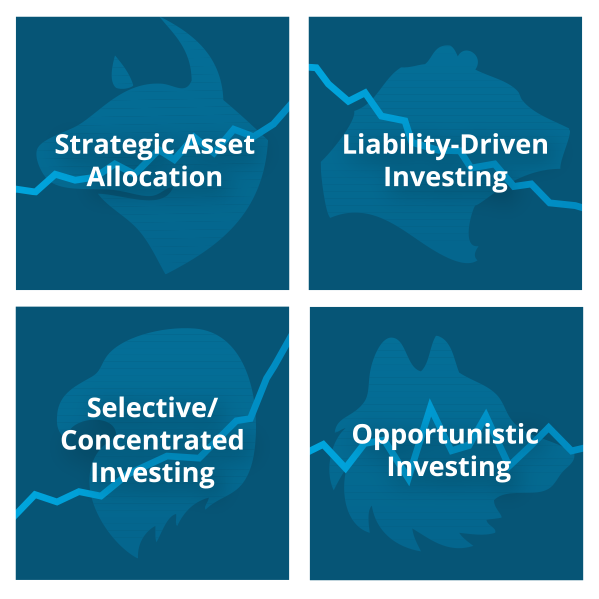
This article represents part 2 of 3 in this series. Please see yesterday’s post as well as tomorrow’s for the full article.
In the event that assets cannot be invested in an account/plan that allows for tax deductions, tax deferral, or tax elimination, the following seven techniques are excellent ways to reduce the tax burdens associated with investing in currently taxable accounts, such as jointly titled, trust- owned or individual accounts, which may come in the form of brokerage accounts, fee-based managed advisory accounts, or direct subscription investment vehicles.
Municipal Fixed Income
Possibly the most traditional method of tax minimization for high income tax bracket investors is the use of bonds issued by government municipalities, which are typically free of income taxation if purchased by an investor that resides in the state in which the security is issued, even if purchased within a currently taxable account. Muni’s are useful both for tax minimization purposes and for portfolio diversification purposes, but may not be beneficial in large quantities for all investors.
Low Turnover Managers
When purchasing mutual funds or hiring individual security Separately Managed Account (SMA) managers, it is useful to consider the amount of active trading that will occur in the fund/account during the course of the year, as this will often be indicative of the amount of capital gains taxes (short term and long term) that will be realized in an up-market scenario. Lower portfolio turnover often indicates lower realized (as opposed to unrealized) capital gains, whereas higher turnover managers may indicate a higher propensity to generate tax liabilities for the investor.
Separately Managed Accounts (SMA) and Individual Stocks
It is often cited that the use of individual securities (stocks and bonds) in a brokerage account or SMA will, all things being equal, generate lower current tax liabilities for investors than the use of mutual funds. This is because mutual funds, as pooled investment company vehicles, may distribute capital gains and dividends to all investors regardless of whether the individual investor was able to participate in the full benefit of the appreciation in value of the underlying holdings of the portfolio (because the fund may have been purchased after the majority of the price appreciation, but before distribution of the full capital gain liability by the fund). SMAs are not pooled investment vehicles, and therefore holdings purchases/sales are specific to the individual investor, allowing managers to actively customize the transactions in the portfolio to the tax situation of the individual, thus reducing unwarranted tax liabilities.
Fund Dividend and Capital Gains Distribution Awareness
The flipside of the above argument regarding the tax-efficiency of individual securities is that a portfolio composed of mutual funds, if managed properly, may be just as tax efficient as an individual-securities-only portfolio while also providing the investor with the full investment diversification necessary to reduce long term portfolio volatility. If this is to be accomplished, the mutual fund portfolio manager must make purchases and sales of the component mutual funds with an awareness of any upcoming fund dividend or capital gains distributions in order to avoid these if unwarranted for the investor, and to avoid “selling dividends” which is a prohibited practice. The mutual funds may also be selected based on the manager’s professed tax-efficient style of investment, or based on a history of asset type tax efficiency.
The series concludes tomorrow...to be continued...







Leave a Comment